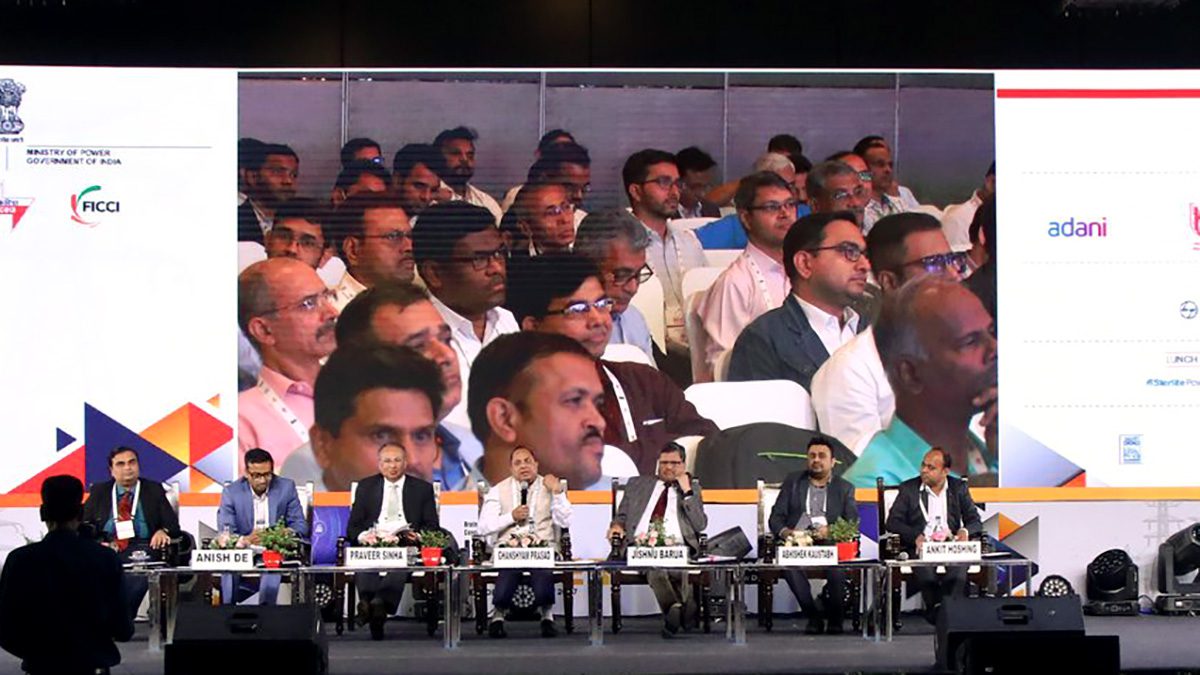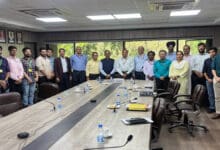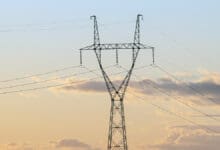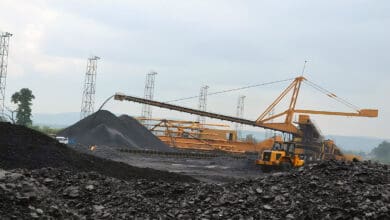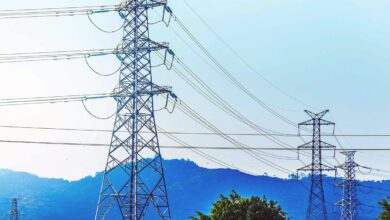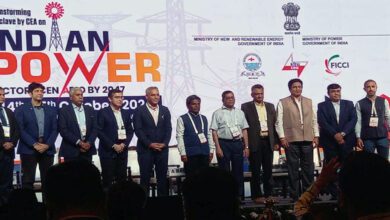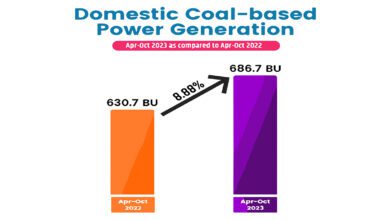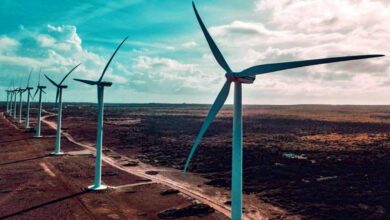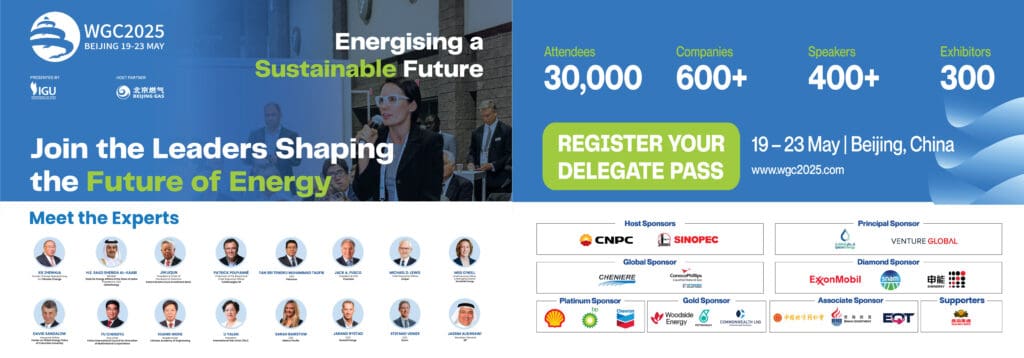The Central Electricity Authority (CEA) successfully concluded a two-day Brainstorming Conclave on the ‘Indian Power Sector Scenario 2047,’ presenting a visionary roadmap for the development of the country’s power sector over the next two decades. The event, which saw participation from over 1,500 delegates, including senior officials, industry leaders, and stakeholders, emphasized the significant collaboration needed to achieve India’s ambitious energy goals.
The conclave featured in-depth discussions on pivotal aspects of India’s power sector, such as expanding hydropower capacity, integrating energy storage systems, and developing modern distribution frameworks. Additionally, sessions focused on fostering cross-border energy cooperation, capacity building, financing the energy transition, and exploring the role of green hydrogen in India’s shift to cleaner energy.
Union Cabinet Minister for Power and Housing & Urban Affairs, Manohar Lal, inaugurated the event, outlining the government’s strategy to meet India’s growing energy demands while transitioning to renewable and cleaner energy sources. Minister of State for Power and New & Renewable Energy, Shripad Yesso Naik, along with other senior officials like Pankaj Agarwal, Secretary, Ministry of Power, and Debashree Mukherjee, Secretary, Department of Water Resources, addressed the conclave, emphasizing meticulous planning to align the power sector with emerging priorities.
The event gathered insights from notable figures such as Sudeep Jain, Additional Secretary-MNRE; KR Jyothilal, Additional Chief Secretary-Department of Energy, Kerala; and RP Gupta, CMD-SECI, among others. Contributions from the private sector were also prominent, with Praveer Sinha, CEO & MD of Tata Power, addressing concerns about India’s target of 500 GW by 2030. He expressed confidence in India’s progress, citing the consistent doubling of capacity every decade.
The key takeaways from the conclave were presented by session moderators from EY and KPMG, who played a crucial role in guiding discussions. EY focused on the importance of base load plants in maintaining energy security, capacity building, and advancing R&D for future growth. Meanwhile, KPMG provided strategic insights on financing India’s energy transition by 2047, emphasizing the need for a resilient transmission system and promoting cross-border energy trade.
In his closing remarks, Ghanshyam Prasad, Chairperson of CEA, highlighted the event’s significance, stating, “This marks the beginning of discussions about a roadmap to 2047 – the 100th year of our independence.” He announced plans to form task forces of experts to implement the conclave’s recommendations, ensuring that the outlined strategies are transformed into actionable solutions.
Jishnu Barua, Chairperson of the Central Electricity Regulatory Commission (CERC), underscored the CEA’s pivotal role in India’s power sector evolution, noting, “As we look toward 2047, CEA’s role remains crucial in balancing affordability, sustainability, and reliability.”
Organized in collaboration with the Federation of Indian Chambers of Commerce & Industry (FICCI) and the Central Board of Irrigation & Power (CBIP), the conclave served as a platform for strategic planning as India advances towards a sustainable and resilient power sector. Other collaborators included key industry associations like ASSOCHAM, IEEMA, and various power utilities, reflecting the event’s broad industry representation.
As the CEA celebrates its Golden Jubilee, this conclave marks a significant milestone in its journey to lead India’s power sector into an era of innovation, sustainability, and resilience. The successful conclusion of the Brainstorming Conclave sets the stage for India to achieve its ambitious target of 2,100 GW of capacity by 2047, supporting the nation’s vision of becoming a global economic powerhouse while maintaining a commitment to environmental stewardship and sustainable development.
The CEA’s Brainstorming Conclave reaffirms India’s dedication to driving a sustainable energy transition, aligning industry, government, and regulatory efforts to ensure that the country’s energy future is secure, sustainable, and resilient.


